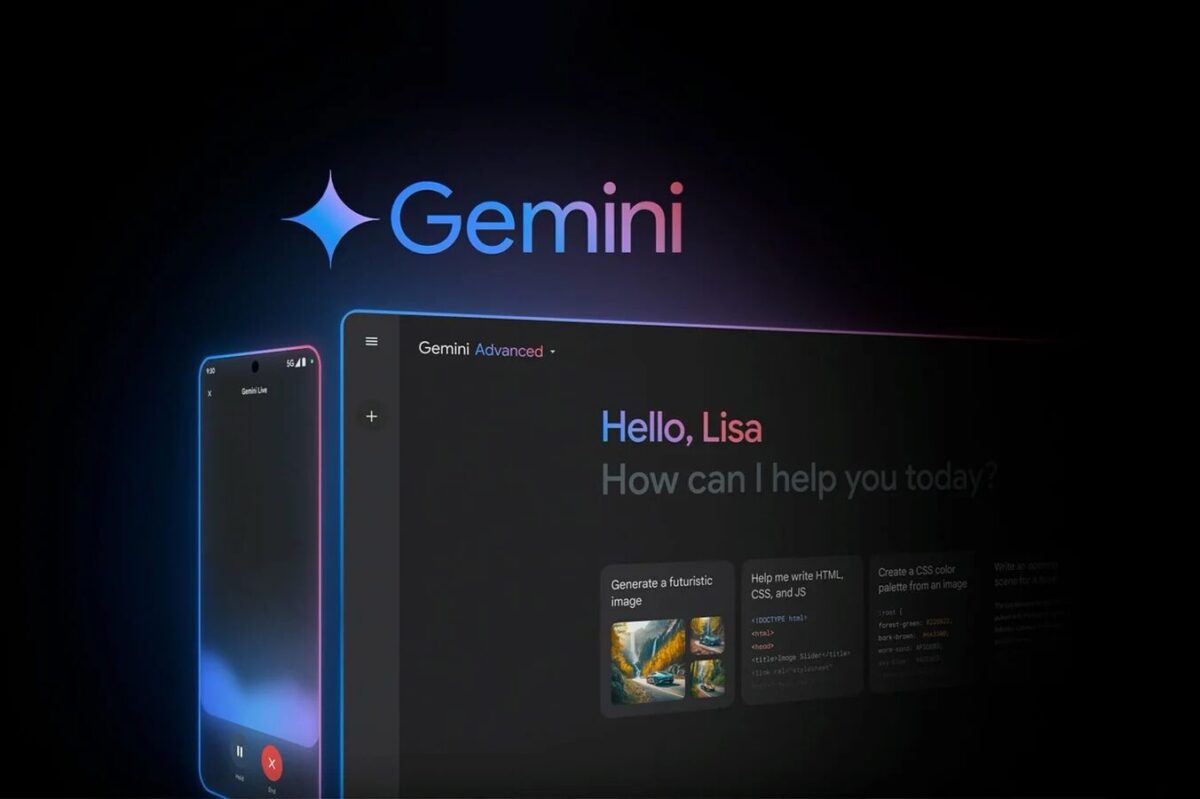Google Takes Next Step in AI Trip Planning

Skift Take
Google is diving head first into AI-powered trip planning.
Gemini Advanced, the paid version of the Gemini generative AI chatbot, will soon be able to build travel itineraries with a simple prompt in easy-to-understand language.
It’s also strengthening trip-planning options for AI Overviews, the AI feature it released this year for a traditional Google search. AI Overviews has been available only to U.S. users that opt in, but it’s being released to all U.S. users this week and more countries soon.
The search giant revealed the plans on Tuesday at its annual developer conference, Google I/O. Or, as Google CEO Sundar Pichai called it: “Google’s version of The Eras Tour with fewer costume changes.”
To try early versions of these new tools, opt in to AI experiments with Google Search Labs.
Skift will perform its own tests of the updated tools as soon as they

